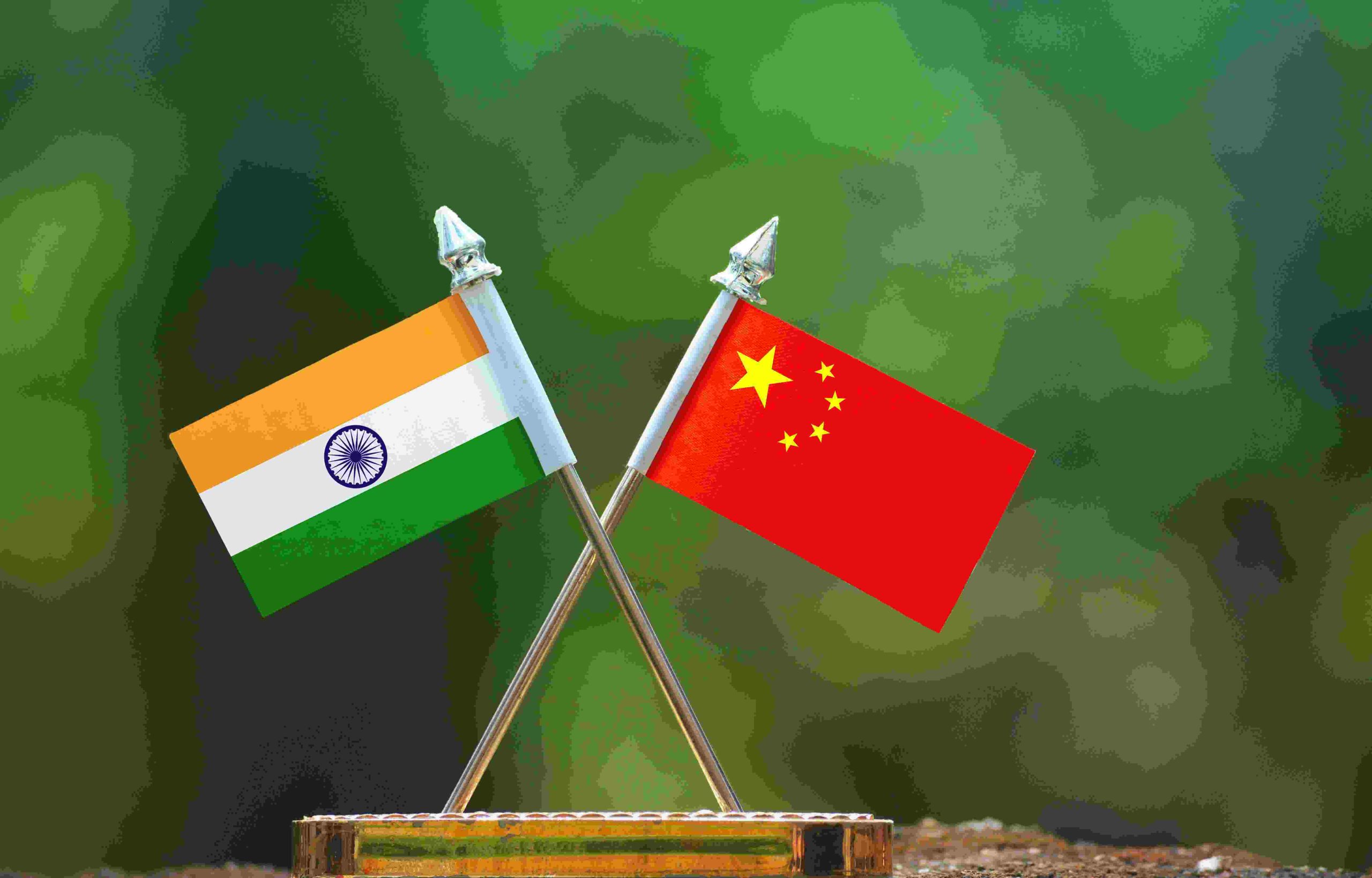A scheduled journey for the Indian Wushu (Martial Arts) team to Chengdu, China, took an unexpected turn on July 26th when the Indian Government instructed them to halt their departure. The decision followed the issuance of “Stapled Visas” to three players from Arunachal Pradesh by the Chinese government. This move highlights China’s ongoing attempt to assert its sovereignty over contested regions and has sparked strong objections from India.
Stapled Visas: A Contentious Practice
The concept of “Stapled Visas” was introduced by China in 2005 as a way of issuing visas to Indian citizens, particularly from Arunachal Pradesh and Jammu and Kashmir. This practice involves affixing an unstamped piece of paper to the passport using staples or pins, instead of the conventional method of pasting the visa. This easily detachable paper raises concerns about its legal validity and treatment by immigration officials.
The issuance of “Stapled Visas” to residents of Arunachal Pradesh, which China now refers to as ‘Zangnan’ or ‘South Tibet’, is seen as an effort to assert its claim over these regions, which India considers an integral part of its territory. The move not only impacts the individuals who receive such visas but also has broader geopolitical implications.
Government Response and Diplomatic Tensions
The Indian External Affairs Ministry Spokesperson, Arindam Bagchi, voiced strong opposition to China’s action, labeling it as “unacceptable.” The issuance of “Stapled Visas” and the accompanying renaming of Arunachal Pradesh signal China’s persistence in challenging India’s territorial sovereignty.
The delay of the Indian Wushu team’s departure for the World University Games in Chengdu was a direct result of this issue. The Indian government’s decision to put the trip “on hold” underscores the importance of upholding national integrity and sending a clear message of objection to China’s actions.
Sovereignty Claims and Broader Implications
China’s practice of issuing “Stapled Visas” is a tactic employed to contest the territorial status of certain regions and strengthen its claim over them. This policy has been met with criticism and condemnation not only from India but also from the international community.
The situation raises questions about the effectiveness of diplomatic channels in resolving territorial disputes and highlights the need for dialogue to ensure peaceful coexistence between neighboring nations.
As tensions persist and diplomatic negotiations continue, the issue of “Stapled Visas” remains a contentious topic, underscoring the complex dynamics between India and China and their competing interests in the region.


